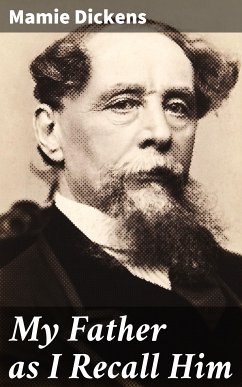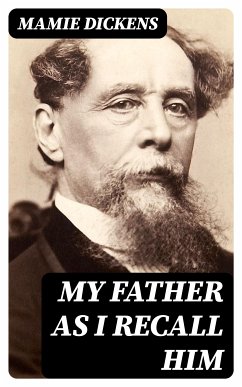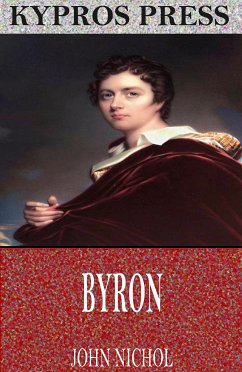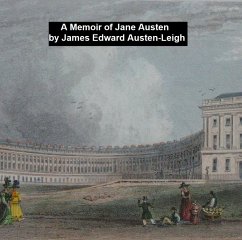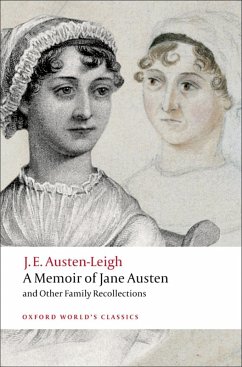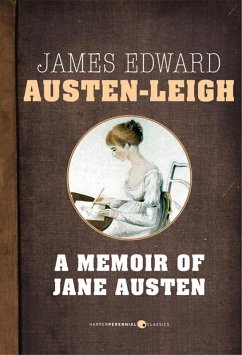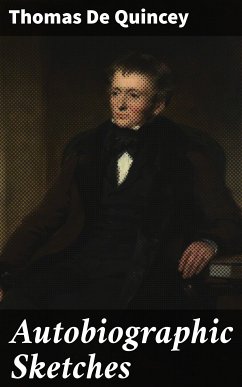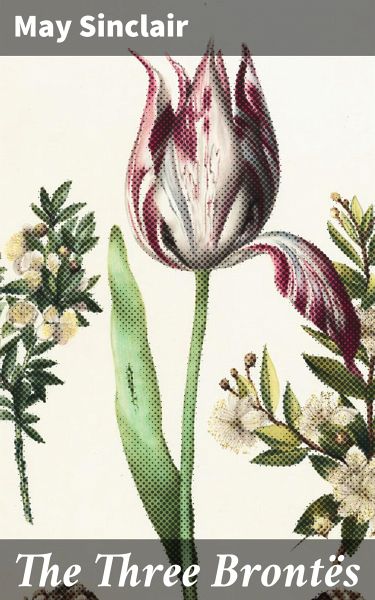
The Three Brontës (eBook, ePUB)
Enriched edition. Unveiling the Literary Legacy of Britain's Beloved Sibling Writers
Kommentar: Whitfield, Imogen / Redaktion: Good Press
Versandkostenfrei!
Sofort per Download lieferbar
2,49 €
inkl. MwSt.
Weitere Ausgaben:

PAYBACK Punkte
0 °P sammeln!
In "The Three Brontës," May Sinclair meticulously examines the lives and works of the Brontë sisters'-Charlotte, Emily, and Anne'-through a blend of biographical portraiture and literary criticism. Sinclair's writing is notable for its lyrical quality, intricate analyses, and empathetic insight, exploring not just their individual contributions to literature but also the socio-cultural constraints of their time. The book situates the Brontës within the broader context of 19th-century literature, illustrating how their distinct voices reflect the tumultuous landscape of gender, class, and cr...
In "The Three Brontës," May Sinclair meticulously examines the lives and works of the Brontë sisters'-Charlotte, Emily, and Anne'-through a blend of biographical portraiture and literary criticism. Sinclair's writing is notable for its lyrical quality, intricate analyses, and empathetic insight, exploring not just their individual contributions to literature but also the socio-cultural constraints of their time. The book situates the Brontës within the broader context of 19th-century literature, illustrating how their distinct voices reflect the tumultuous landscape of gender, class, and creativity in Victorian England. May Sinclair, an influential modernist writer and feminist thinker, brings her rich understanding of literature and the intricacies of female experience to this work. Her own struggles with societal expectations and personal identity undoubtedly fuel her fascination with the Brontës' defiance against constrained norms. Sinclair's prior literary engagement with themes of psychological depth and gender dynamics positions her as a fitting interpreter of the Brontë legacy, illuminating their pioneering spirits in a male-dominated literary world. Readers seeking an in-depth exploration of one of literature's most remarkable familial legacies will find "The Three Brontës" both captivating and enlightening. Sinclair's compelling narrative not only pays homage to these iconic authors but also invites a deeper understanding of their enduring impact on literature and feminism. This book is an essential addition for anyone interested in the intersection of biography and literary analysis. In this enriched edition, we have carefully created added value for your reading experience: - A succinct Introduction situates the work's timeless appeal and themes. - The Synopsis outlines the central plot, highlighting key developments without spoiling critical twists. - A detailed Historical Context immerses you in the era's events and influences that shaped the writing. - A thorough Analysis dissects symbols, motifs, and character arcs to unearth underlying meanings. - Reflection questions prompt you to engage personally with the work's messages, connecting them to modern life. - Hand-picked Memorable Quotes shine a spotlight on moments of literary brilliance. - Interactive footnotes clarify unusual references, historical allusions, and archaic phrases for an effortless, more informed read.
Dieser Download kann aus rechtlichen Gründen nur mit Rechnungsadresse in A, B, BG, CY, CZ, D, DK, EW, FIN, F, GR, H, IRL, I, LT, L, LR, M, NL, PL, P, R, S, SLO, SK ausgeliefert werden.





